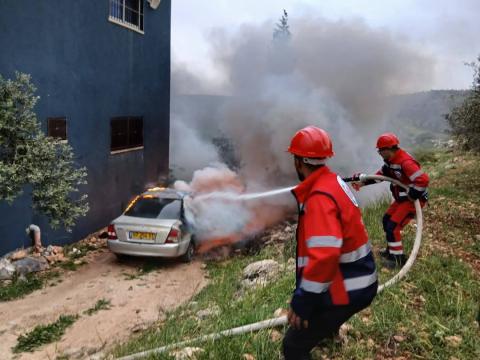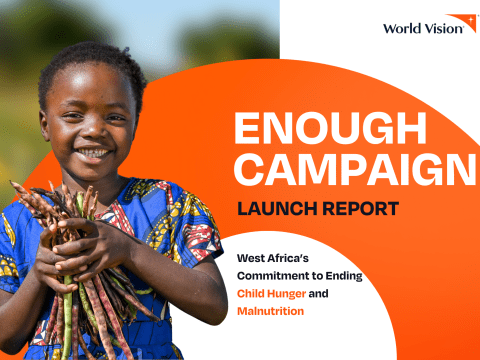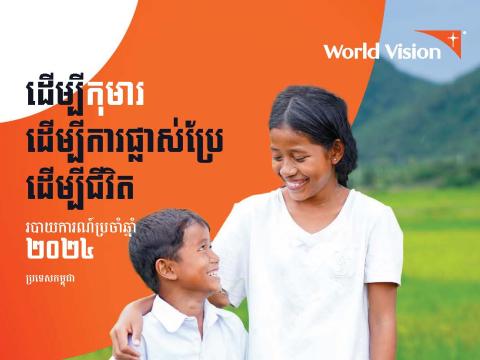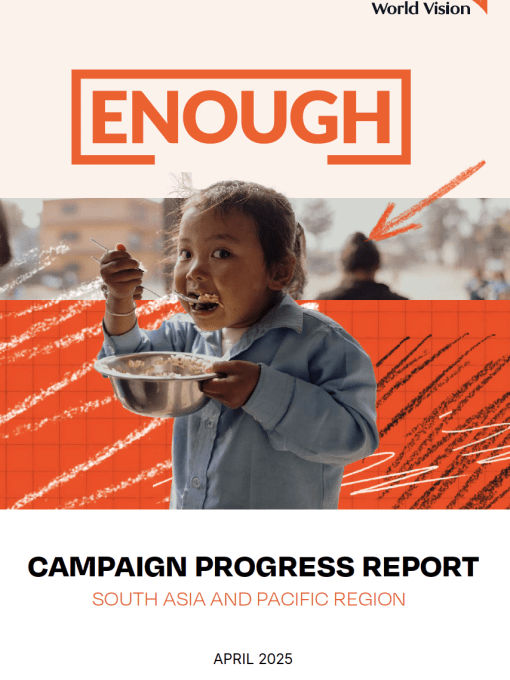What Role Does Religion Play?
Download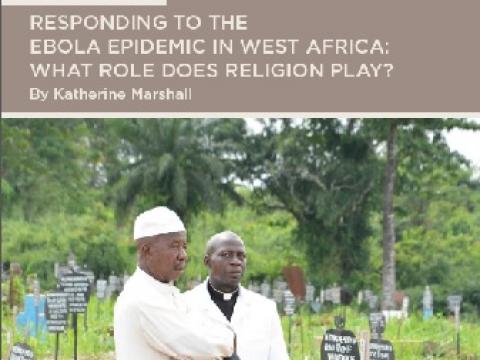
The 2014 Ebola epidemic was a human and a medical drama that killed more than 11,000 people and, still more, devastated the communities concerned and set back the development of health systems. Its impact was
concentrated on three poor, fragile West African countries, Guinea, Liberia, and Sierra Leone, but the tremors reverberated throughout the world, generating reactions of compassion and fear, spurring mobilization of vast human and financial resources, and inspiring many reflections on the lessons that should be learned by the many actors concerned. Among the actors were many with religious affiliations, who played distinctive roles at various points and across different sectors.
This case study is one of a series produced by the Berkley Center for Religion, Peace, and World Affairs at Georgetown University and the World Faiths Development Dialogue, an NGO established in the World Bank and based today at Georgetown University. The goal is to generate relevant and demanding teaching materials that highlight ethical, cultural, and religious dimensions of contemporary international development topics.
This case study highlights the complex institutional roles of religious actors and positive and less positive aspects of their involvement, and, notably, how poorly prepared international organizations proved in engaging them in a systematic fashion. An earlier case study on Female Genital Cutting focuses on the complex questions of how culture and religious beliefs influence behaviours.
This case was prepared under the leadership of Katherine Marshall and Crystal Corman in May 2016. Lindsay Horikoshi and Spencer Crawford provided research support. Various colleagues reviewed earlier drafts and this version reflects their inputs. Cover photo by Sahr Ngaujah/World Vision.
